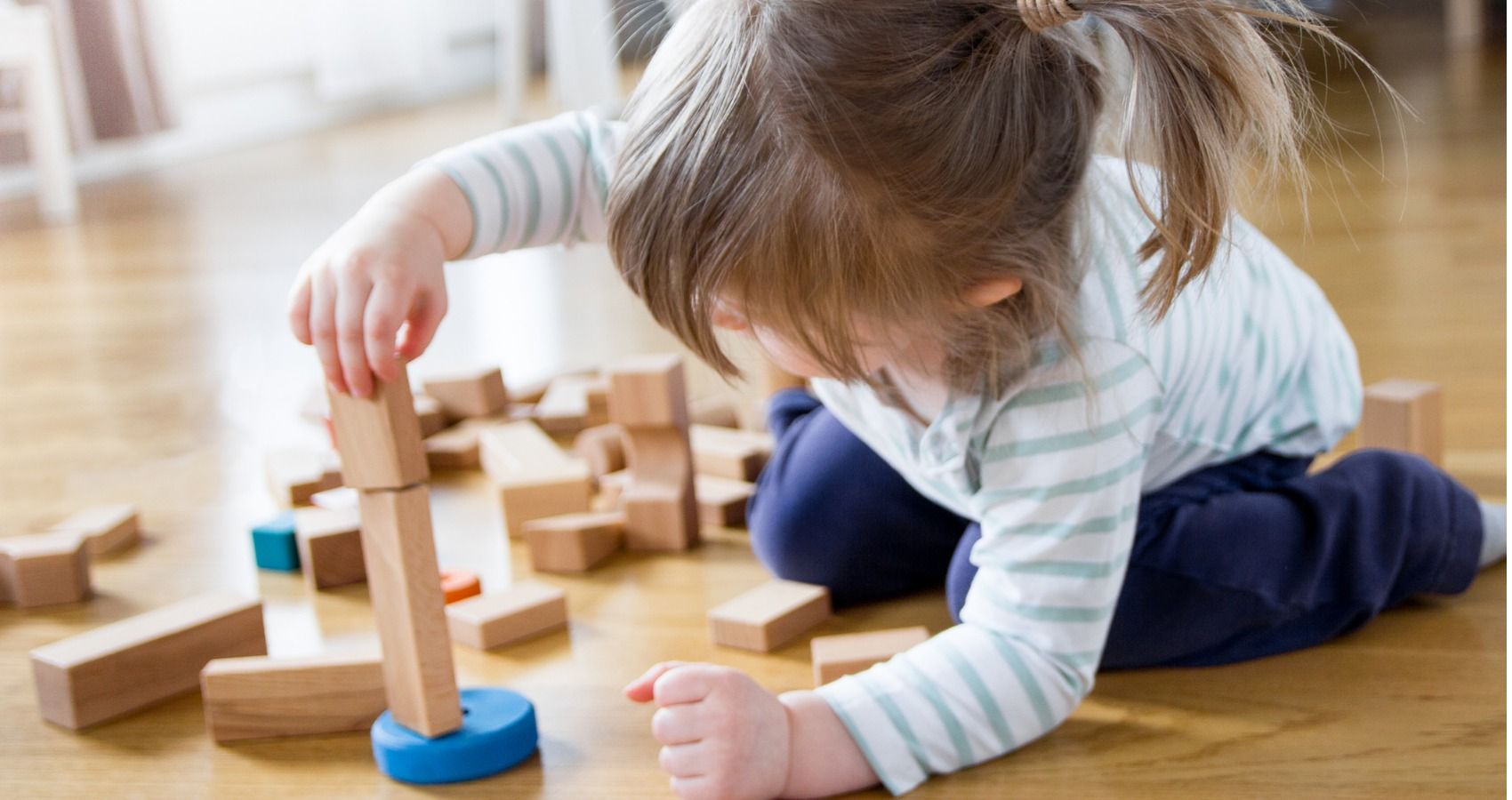Remember when we were kids, and our parents would just kick us out of the house and tell us not to come back until the sun went down? We spent hours exploring and playing and just being KIDS. Parents ... don't really do that anymore, do we? The landscape of parenting has changed so much over the last few decades. We have so much information at our fingertips, and that is both a positive and a negative. We hear about all the scary stuff, and it makes us more wary as parents. More of us work outside of the home, so there's not always a parent around to peek out of the window every hour or so and check on the neighbors kids. We schedule and schedule our kids with activities and sports and extracurriculars. But we don't just let our kids play anymore, not the way we used to play. Turns out, we might be doing them a disservice. Unsupervised play has a lot of developmental benefits, so maybe we to allow our kids to do more of it.
Researchers at University College London found that having unsupervised playtime helps kids develop social skills and be more active. And in an article on the subject, researchers at Harvard Graduate School of Education said that unsupervised play is beneficial to kids and helps them develop several important skills, like creative thinking, empathy, and problem solving. The research shows that free play is necessary for child's development, and helps them be healthy, happy kids.
We know what you're thinking - no way would you just let you kid run off to play unsupervised in any capacity by a trusted adult. And we don't blame you! But free play doesn't mean completely unsupervised. We're talking more about child-led play, where adults are hands-off and allow the kids to to explore and learn. Because free play isn't always an option for a lot of kids; plenty of families live in areas that aren't safe to unsupervised playtime, or don't have access to safe outdoor spaces.
But you can allow your kids to participate in child-led playtime even with an adult present - just don't interfere! Allow yours kids to solve the problems that may arise, and come up with creative solutions. We have to let our kids make mistakes if we ever expect them to learn how to solve those mistakes, and child-led or unsupervised playtime is a great place to start.
READ NEXT:

